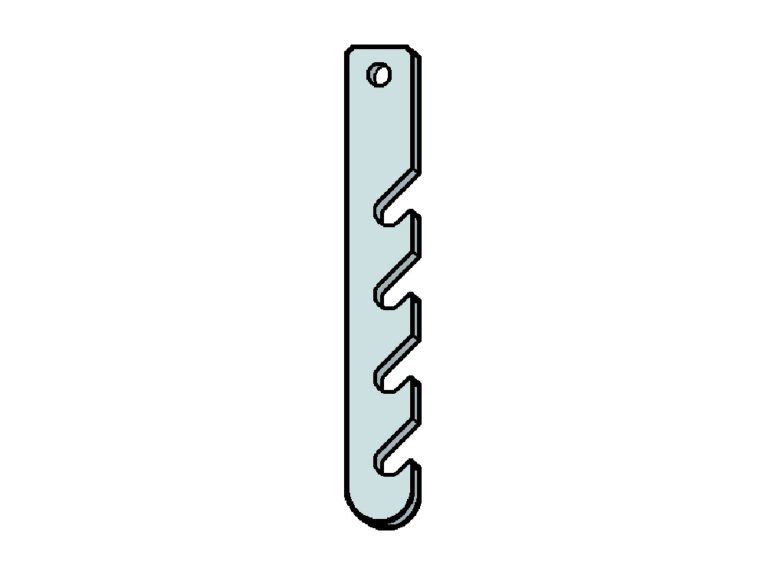nouveau vs neuf
The French adjectives “nouveau” and “neuf” both mean “new.” So how do you decide which one to use?
Nouveau
Meaning:
- “Nouveau” refers to something new in the sense of being recent or another in a series. It indicates that something is new to the speaker or has recently appeared, but it doesn’t necessarily mean brand-new or never used.
Usage:
“Nouveau” is used before the noun and agrees in gender and number with the noun it modifies:
- Masculine singular: nouveau
- Masculine singular before a vowel or mute ‘h’: nouvel
- Feminine singular: nouvelle
- Masculine plural: nouveaux
- Feminine plural: nouvelles
Examples:
- Un nouveau livre (a new book, as in a recent addition to a collection)
- Une nouvelle voiture (a new car, as in a different one from before)
- Un nouvel emploi (a new job, as in recently acquired)
Neuf
Meaning:
- “Neuf” means brand-new or never used. It emphasizes the condition of being freshly made, unused, or in perfect new condition.
Usage:
“Neuf” is also used before the noun and must agree in gender and number with the noun it modifies:
- Masculine singular: neuf
- Feminine singular: neuve
- Masculine plural: neufs
- Feminine plural: neuves
Examples:
- Un livre neuf (a brand-new book, never read)
- Une voiture neuve (a brand-new car, straight from the dealership)
- Un ordinateur neuf (a brand-new computer, unused)
Key Differences
- Condition vs. Recency: “Neuf” emphasizes the brand-new, unused condition of an item, while “nouveau” emphasizes the recent arrival or change.
- Context: “Nouveau” is often used when talking about a new version, an update, or an addition to something already known, while “neuf” is used when the focus is on the pristine, untouched state of an item.
Example Sentences:
- Il a acheté une nouvelle maison. (He bought a new house, implying a different one from his previous house.)
- Il a acheté une maison neuve. (He bought a brand-new house, implying it’s newly built and has never been lived in.)







One Comment